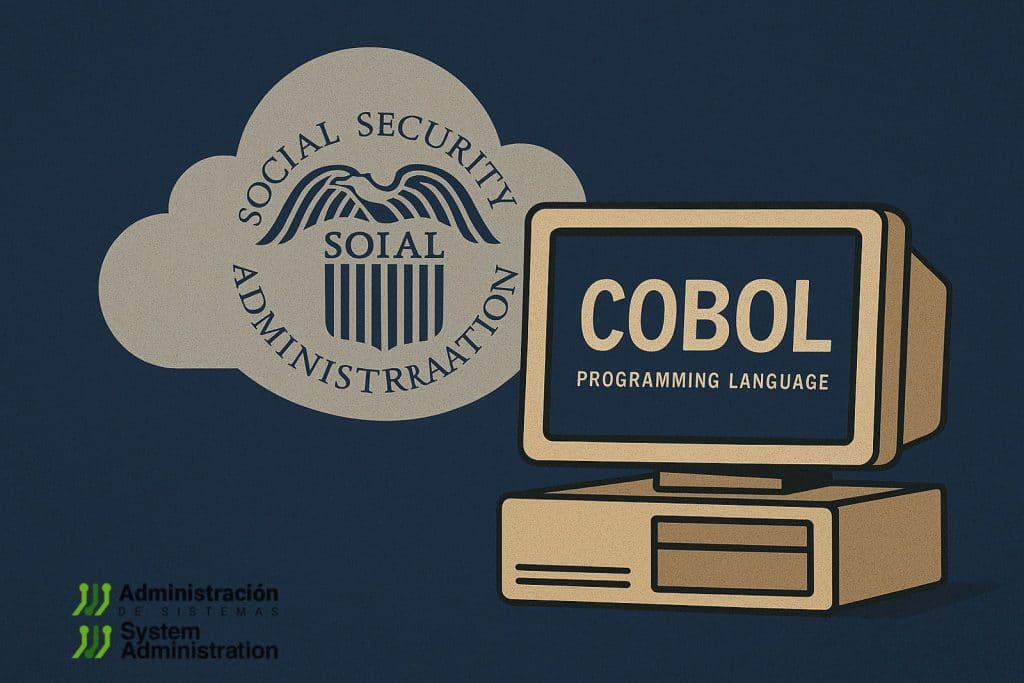In a move that has raised alarm among software engineers and public administration experts alike, the newly formed Department of Government Efficiency (DOGE) has announced plans to migrate the core systems of the U.S. Social Security Administration (SSA) away from COBOL—an aging but mission-critical programming language. The goal is to complete this transition in just a few months, a timeline that experts say risks system failure and disruption of services for tens of millions of Americans.
The legacy infrastructure of the SSA is built on over 60 million lines of COBOL code, some of which date back to the 1960s and 70s. Originally developed in 1959, COBOL (Common Business-Oriented Language) was designed for business, finance, and administrative systems. It became the de facto language for public institutions and financial organizations around the world. Its simplicity and readability made it a favorite for transaction-heavy environments like Social Security, Medicare, tax systems, and banks.
However, despite its resilience and long-standing stability, COBOL is facing a critical challenge: a shrinking pool of developers who understand it. With most COBOL experts nearing retirement, the maintenance of these systems has become increasingly fragile.
This context is what makes DOGE’s plan particularly controversial. While modernization of IT systems is necessary and long overdue, attempting to rewrite and replace such a massive and intricate codebase in a matter of months is seen by many as reckless. Rewriting even a fraction of this code without introducing bugs or mismatches is a daunting task. Legacy systems like those of the SSA are tightly coupled with decades of institutional knowledge, business rules, and policy changes that have been layered into the code over time.
“These systems are like archaeological sites,” says a senior software engineer familiar with federal systems. “Every line of COBOL contains assumptions and decisions that go back decades. If you misinterpret them or remove something that seems redundant but isn’t, you risk breaking vital functions—like payment calculations or eligibility checks.”
Government agencies worldwide have faced similar dilemmas. In 2020, during the COVID-19 pandemic, several U.S. states struggled to update their unemployment benefits systems—many also written in COBOL—highlighting the dangers of not maintaining or gradually modernizing legacy code.
DOGE claims that AI-assisted code translation tools will accelerate the migration. However, experts caution that such tools, while promising, are far from foolproof and often fail to capture the full business logic or edge cases embedded in decades-old code.
Moreover, the transition involves more than code conversion. It requires rigorous validation, parallel testing, regulatory compliance checks, and user training. Any oversight could delay payments, cause calculation errors, or expose sensitive data to vulnerabilities.
Modernization should be approached with careful planning, phased implementation, and fallback mechanisms. Rushing such a transition could not only endanger critical services but also erode public trust in institutions that serve as lifelines for millions.
In short, the desire to modernize the Social Security system is legitimate—but compressing a decade’s worth of work into a few months is a gamble the country may not be ready to take.
Source: Wired

